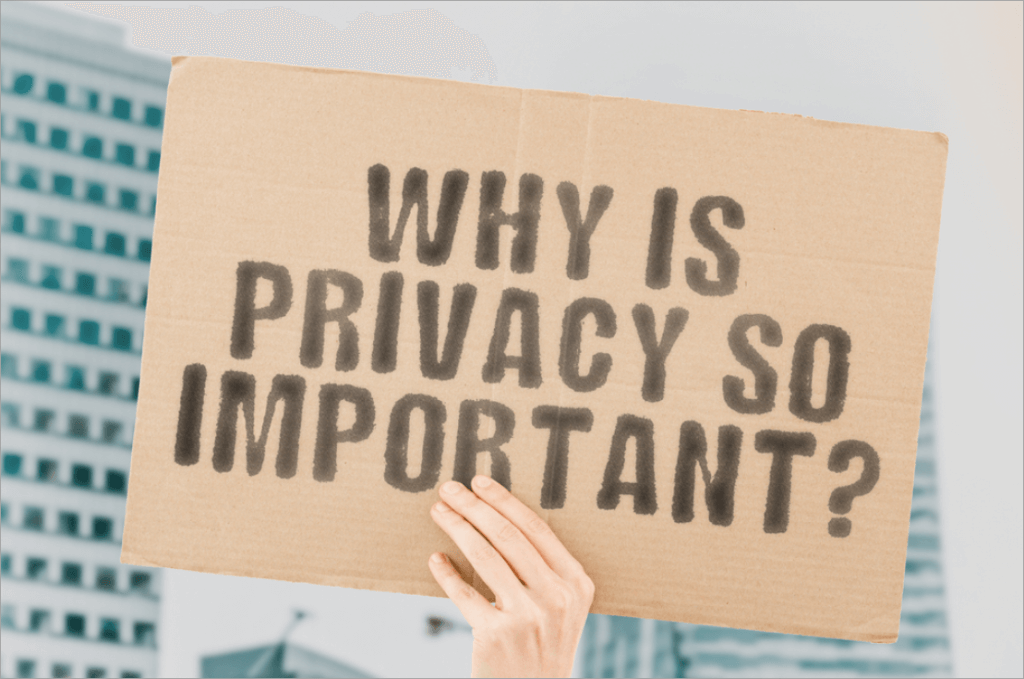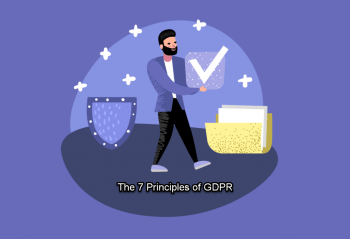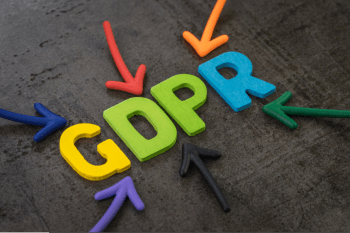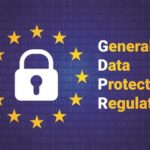Every organization with a digital presence must mention its data privacy policy, which is important. Such policies describe in detail about the usage of data collected from customers in terms of data transfer and data security. There have been numerous incidents of data breaches which has resulted in the payment of hefty fines by organizations. As a result, more stringent laws are being designed to protect the personal data collected from people. Businesses further incorporate the regulation requirements and practices while catering to the needs of a particular nation.

What is Personal Data?
Several businesses gather information on customers to study their buying behaviour. During this process, organizations collect data in the form of names, addresses, phone numbers, dates of birth, and emails. This data is later processed into useful information and used for future reference. As it constitutes personal data, organizations must follow certain regulations to prevent the misuse of such sensitive information.
Jump ahead to
What is Data Privacy?
Data privacy refers to the process which describes how information or data should be secured based on the degree of importance. The digital era has forced people to protect their critical personal information from falling into the wrong hands. There have been several cases where organizations have incurred huge fines due to their inability to secure sensitive information. As a result, organizations are forced to have a top-notch security system in place to protect the data collected from their customers.
Why is data privacy important?
Various nations have introduced their own data privacy laws to protect their citizens’ personal data. General Data Protection Regulation (GDPR), California Consumer Privacy Act (CCPA), California Privacy Rights Act (CPRA), and New York SHIELD Act are some of the data privacy laws that have gained recognition in the past years. Multinational corporations must look for and adapt their strategies according to the prevalent data privacy regulations.
EU GDPR has paved the way for data privacy laws that evolved globally. This regulation was enforced in May 2018 by the European Union to protect its citizens. Under this law, data subjects or customers must consent to businesses that collect their data explicitly. Also, organizations must inform their supervisors and data subjects in case of a data breach. Threats of data breaches have necessitated businesses to focus on applying the best data processing practices. Let us look at a few tips on how businesses and certified professionals can incorporate data privacy laws.
Data Privacy Compliance
5 tips for ensuring compliance with data privacy laws
- Follow the latest practices
Businesses need to stay up to date with the latest practices of data protection that are being followed in the industry. With technological advancements, organizations constantly need to change their privacy policies as per the changes in the laws and regulations.
- Document the flow of data.
We know that large enterprises deal with huge amounts of data on a daily basis. This necessitates organizations to document how data flows within the organization. Usually, organizations give access to sensitive information to only certain employees working at higher levels in the organization. This prevents cases of data breaches from occurring within the organization. Also, authorities can easily unveil the person responsible for the data breach.
- Hire experts:
As data protection laws are constantly evolving, businesses need experts while changing their marketing strategies. As a result, individuals owning the certification of EU GDPR Foundation are recognized by such organizations. Such certified professionals play a vital role in developing a compliance program per the applicable regulations. Instilling the compliance program as per the requirements of the regulation builds trust among the organization’s clientele.
- Predict the breaches:
Organizations meet with several data breach cases each day. Even on meeting the compliance requirements, organizations may still be at risk. Therefore, documenting the breaches helps businesses to refer to them in the future while dealing with similar circumstances. Furthermore, certified professionals must create tactical responses to data breaches. This helps mitigate the non-compliance fine amounts a business may incur due to a data breach.
- Stay prepared:
While instilling a robust non-compliance system, businesses need a systematic procedure for reporting a data breach. Businesses must show every trace of evidence that proves their compliance with data regulation. Such documents need to be kept readily available as and when authorities investigate the data breach.
Conclusion:
Organizations operating in the virtual world are more prone to data breaches as they deal with critical information which can be misused. This necessitates businesses to develop a compliance program that helps in getting recognized by clients and builds their trust. EU GDPR Foundation Certification holders assist businesses in developing such programs. These professionals are also well-versed in the technical terminologies and concepts utilized in the GDPR, which aids in the development of an organization-wide compliance program.Furthermore, complying with the latest data regulation practices helps organizations to avoid paying hefty fines.


